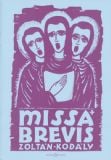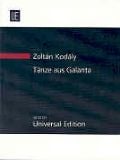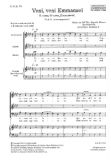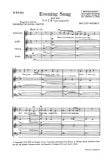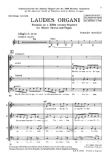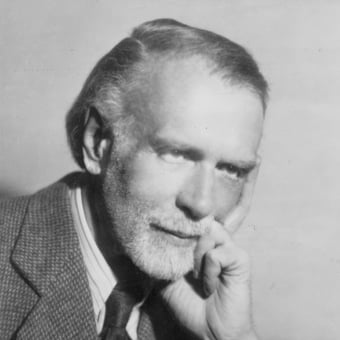
Zoltán Kodály
Kodály enjoyed a status in his native land perhaps unrivalled by any other composer anywhere else in the world. He was a devout educationalist and ethnomusicologist, and he pioneered the reintegration of folk material into 20th century music. He and Bartok were lifetime friends, and together in 1905 they began field trips collecting folksongs, which, along with French impressionism, coloured their music forever - and in 1910 they held a joint public concert which signalled the birth of this new Hungarian style (though the seed of his international fame came much later with the success of Psalmus Hungaricus in 1923). He was appointed professor at the Academy of Music in 1907, where he taught for the rest of his life.
Kodaly was a great champion of singing, in all its many forms. His own choral works combine the influence of Magyar folk singing, Gregorian chant, and the polyphonic styles of Palestrina and Bach; and he revolutionised the teaching of singing and sight reading with the "Kodály method" (and his enormous quantity of choral exercises), which exploits the natural musicality of children, and is still extremely popular today. "Our age of mechanisation leads along a road ending with man himself as a machine; only the spirit of singing can save us from this fate." — Zoltan Kodaly
Bestselling Titles by Zoltán Kodály
-
Publisher: Boosey & HawkesIn Stock: Usually despatched within 24-48 hours$25.59
-
Publisher: Universal EditionIn Stock: Usually despatched within 24-48 hours$28.80
-
Publisher: Boosey & HawkesUsually despatched within 7-10 working days - Lead times may vary in the case of supplier shortages or delays$4.80
-
Publisher: Boosey & HawkesUsually despatched within 7-10 working days - Lead times may vary in the case of supplier shortages or delays$14.07
-
Publisher: Boosey & HawkesUsually despatched within 7-10 working days - Lead times may vary in the case of supplier shortages or delays$5.44
-
Publisher: Boosey & HawkesIn Stock: Usually despatched within 24-48 hours$12.79


